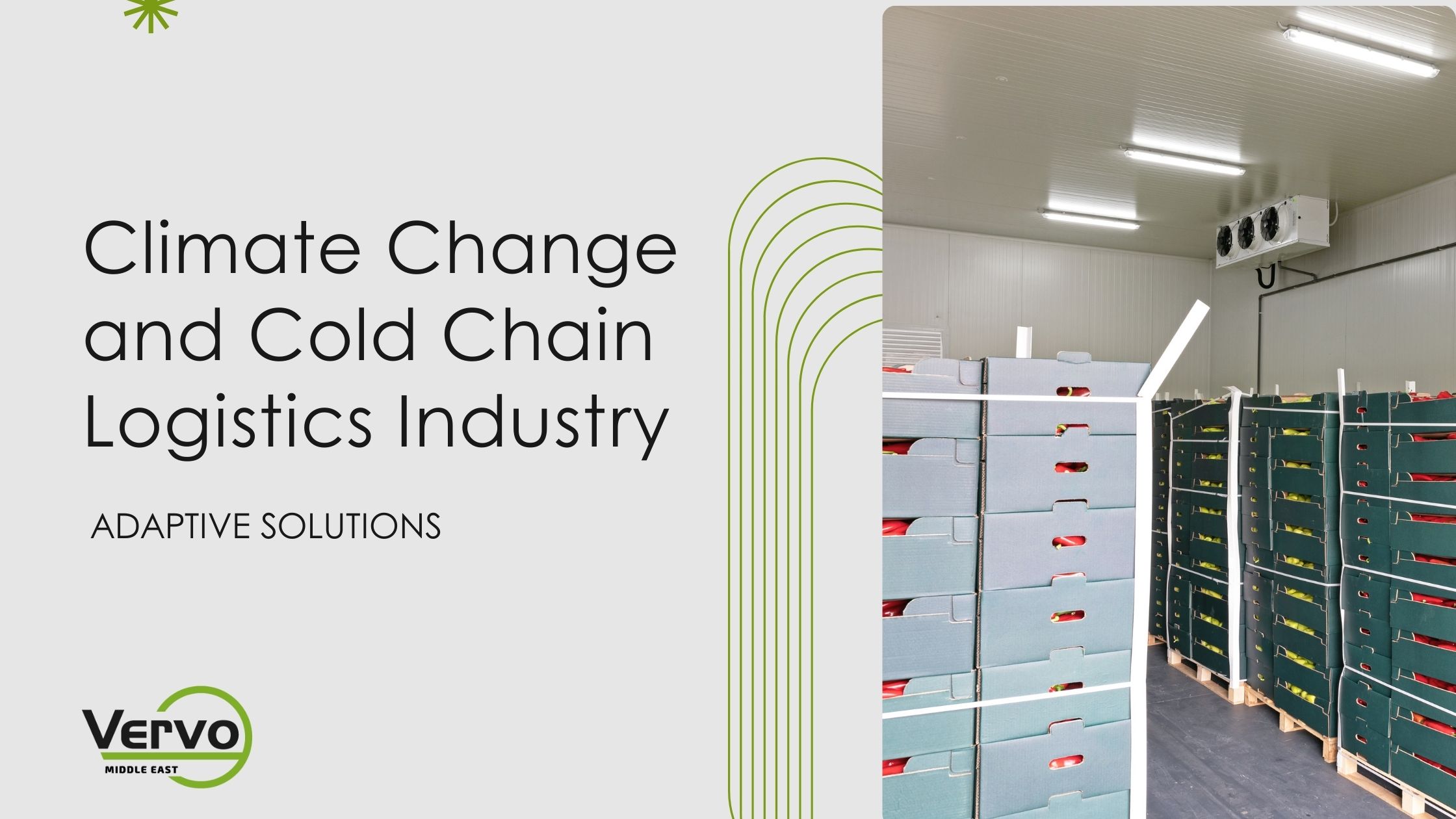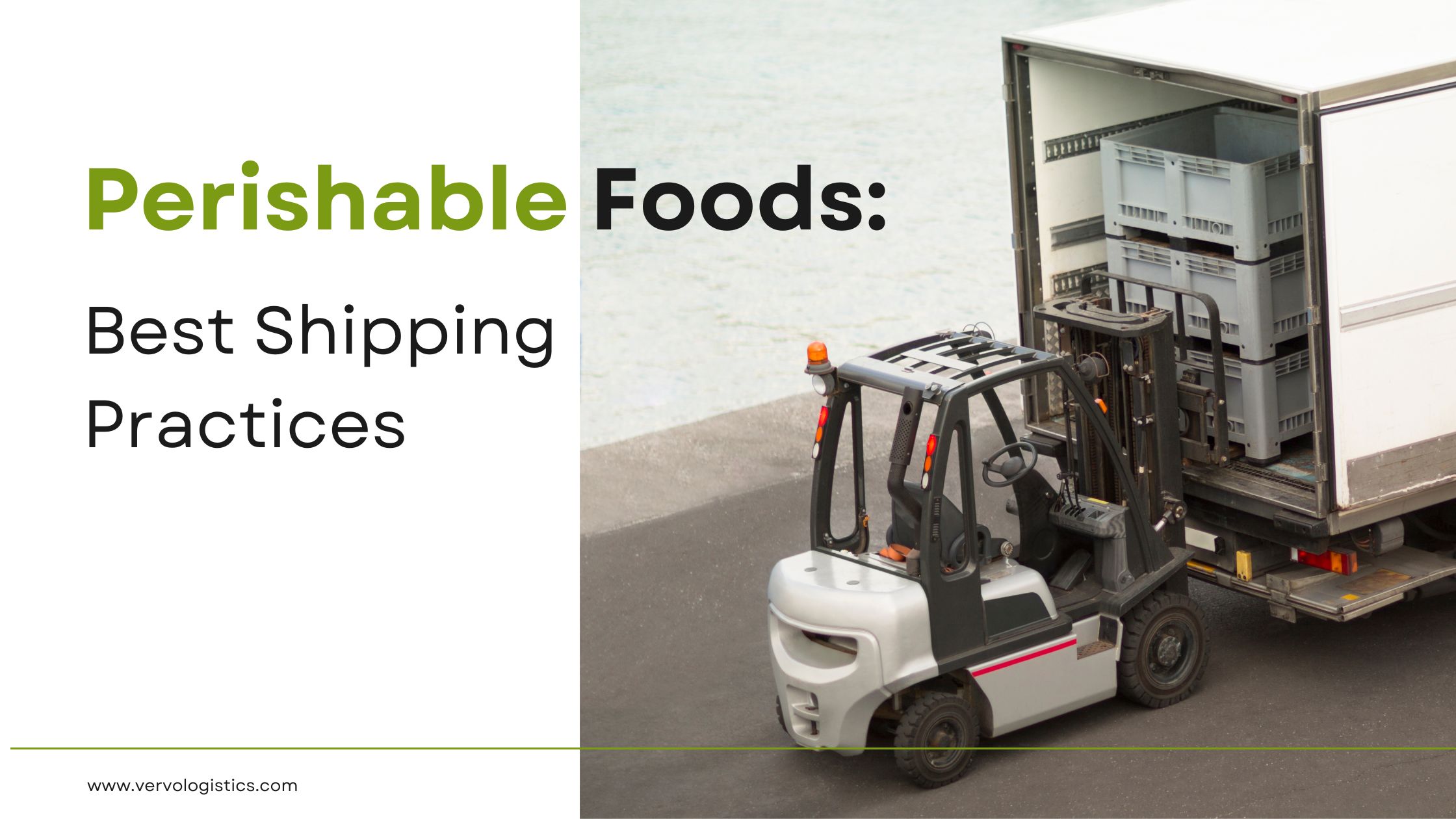If you are about to ship frozen or chilled cargo to or from the United Arab Emirates, you should get to know the following facts. We will guide you through some essential variables that might affect your refrigerated shipment in the UAE.
# 1: High Temperatures
The UAE is a tropical region where temperatures may soar throughout the summertime and most of the year. As a result, cold warehouses are essential for agriculture, food processing, health and pharmaceuticals, hospitality industries, flowers, cosmetics, and more.
The art of transporting perishable items depends on using quality insulated containers and how the cargo is packed, especially in a country like the UAE. The common challenges when shipping frozen cargo in the UAE include extreme temperatures, humidity, and spoilage.
Thermal insulation assists in keeping cold spaces at a consistent temperature. Although there are coolers inside the containers, thermal insulation is also vital to maintain the quality of the items.
Temperature-controlled trailers and containers are suitable for transporting edible items, frozen goods, and pharmaceuticals. They help keep the goods in optimal condition and maintain their shelf life.
Choosing a suitable container is essential. The containers have an automated condenser system. A durable referee container ensures seamless transportation for temperature-sensitive items that cover long-distance trips. You do not need a massive box or a container full of gel packs, but your shipment needs to be prepared to resist warm temperatures.
When shipping frozen or chilled goods in the UAE, always use an insulated container, proper shipping boxes, some insulated padding, and dry ice. Dry ice is liquefied carbon dioxide that keeps items cool for long periods.
#2: Refrigerated logistics: a highly demanded sector in the UAE
In the UAE, research findings predict that cold transportation prices will increase in the next three years. Due to increased demand for temperature-sensitive products in the country, it is predicted that the refrigerated transportation market share of the revenue of the cold chain sector will expand from 40% in 2020 to 42% by 2025.
The expansion in the number of refrigerated warehouses, the growth of the pharmaceutical industry, and the strong demand for perishable products such as dairy, meat, and seafood are predicted to fuel the cold chain logistics business growth. Therefore, they will also increase the cost of shipping these items.
#3 UAE seeks a sustainable cold supply chain
Economic diversification programs, including UAE Vision 2021, Abu Dhabi Vision 2030, and Dubai Industrial Strategy 2030, seek to decrease the economic reliance on hydrocarbon exports.
The economic strategy emphasizes that the development of the logistics industry is a key strategic target for economic growth, as the UAE becomes a vital transshipment center for global trade.
Due to the hot weather, the UAE has heavily invested in giant refrigerated warehouses built with high-quality cold storage panels to store perishable and temperature-sensitive goods. These refrigerated room panels are durable, weatherproof, and robust. They help avoid heat transfer and ensure the temperature inside does not fluctuate.
The UAE is investing in development projects like the "Modern Silk Route" and Etihad Railways, which would serve as a viable alternative to refrigerated transit by road in the Gulf area.
Given those facts, the UAE is heading toward a smarter design for cold warehousing and transportation that is more eco-friendly and sustainable.
#4 UAE Regulations for Shipping Food and Pharmaceuticals:
Chilled and frozen food shipping in the UAE
Due to the country's arid climatic conditions, around 80% of the food needs are imported. The ready-to-eat sector will account for a larger market share in the next few years. An increase in the adoption of food-on-the-go trends or ready-to-eat food and a rise in the health-consciousness of the Emirati people are driving the demand for the UAE frozen food market.
The country took the following measures to ensure the safety of food and foodstuffs:
◾ Enacting a law on food safety
◾ Implementing the National Food Accreditation and Registration System
◾ Passing the National Rapid Alert System for Food
◾ Controlling imports of food for non-trading uses
When shipping frozen and chilled food, you must follow the Food Safety Modernization Act of the FDA (FSMA). Furthermore, to guarantee that the nutritional value of food imported into the country is preserved, the food law stresses that no food may be transported into the country for the first time without the authorization of the Ministry of Climate Change and Environment.
The UAE facilitates the process of shipping food and foodstuffs via the Food Import Re-Export System (FIRS). It is considered the most important and biggest electronic service provided by Dubai Municipality and is among the best programs of its nature in the world. Before importing food products into the UAE, the shipper must first be registered with the Food Import and Re-Import System (FIRS).
The required documents you will need to prepare for frozen and chilled food cargo customs clearance in Dubai include:
◾ The original lading bill
◾ Original certificate of origin
◾ Order of delivery
◾ Invoice
◾ List of packages
◾ The certificate of health for imported food.
To learn more about UAE shipping food regulations, visit the official website of the UAE Government, or download this guide.
A vital safety measure is to make sure your logistics partner introduces food tractability throughout the food supply chain. The Global Trade Identification Number (GTIN), labeling, and coding solutions can further help trace your cargo location and status. 3PL companies that consolidate frozen food should have traceability software and labels available.
Pharmaceuticals and medical equipment freight forwarding in the UAE
The pharmaceutical sector has grown on a larger scale in the UAE and across the globe. Covid-19 is the primary driving force behind the rapid advancement of the healthcare business. The expansion of pharmaceutical business activities, the rise of MedTech corporations, and localized research and development in healthcare are key elements driving the healthcare industry's surge in the UAE.
Around 95% of the global pharmaceutical companies have a presence in the UAE, which provides logistics access to 43 countries.
There are facts you need to know about regulating pharmaceuticals and medical equipment freight forwarding in the UAE, such as:
No medical equipment, medication, or pharmaceutical preparation may be transported or distributed unless it is registered with the Ministry of Health.
To register medical equipment or drugs with the Ministry, one must submit an application for evaluation and authorization.
The following papers are necessary to get Ministry authorization for the importation of unregistered pharmaceuticals:
◾ Importer's Ministry License
◾ A legitimate trade license
◾ A local hospital or clinic purchase order
◾ A hospital or clinic declaration letter
◾ Medical consultant's justification letter
With the facts we mentioned above, are you ready to optimize your chilled and frozen cargo to or from the UAE?
If you have questions about shipping your refrigerated cargo or would like to know how to optimize your cold chain, connect with an expert! We would be glad to help.




